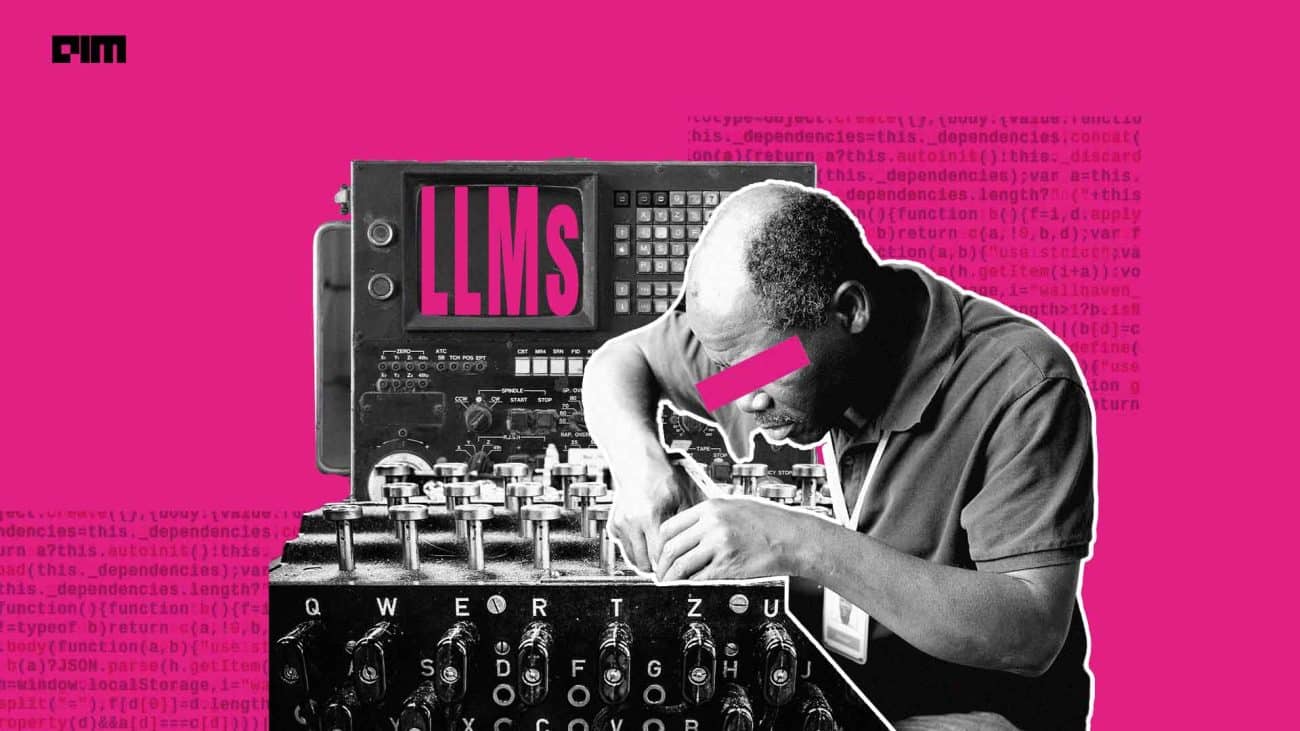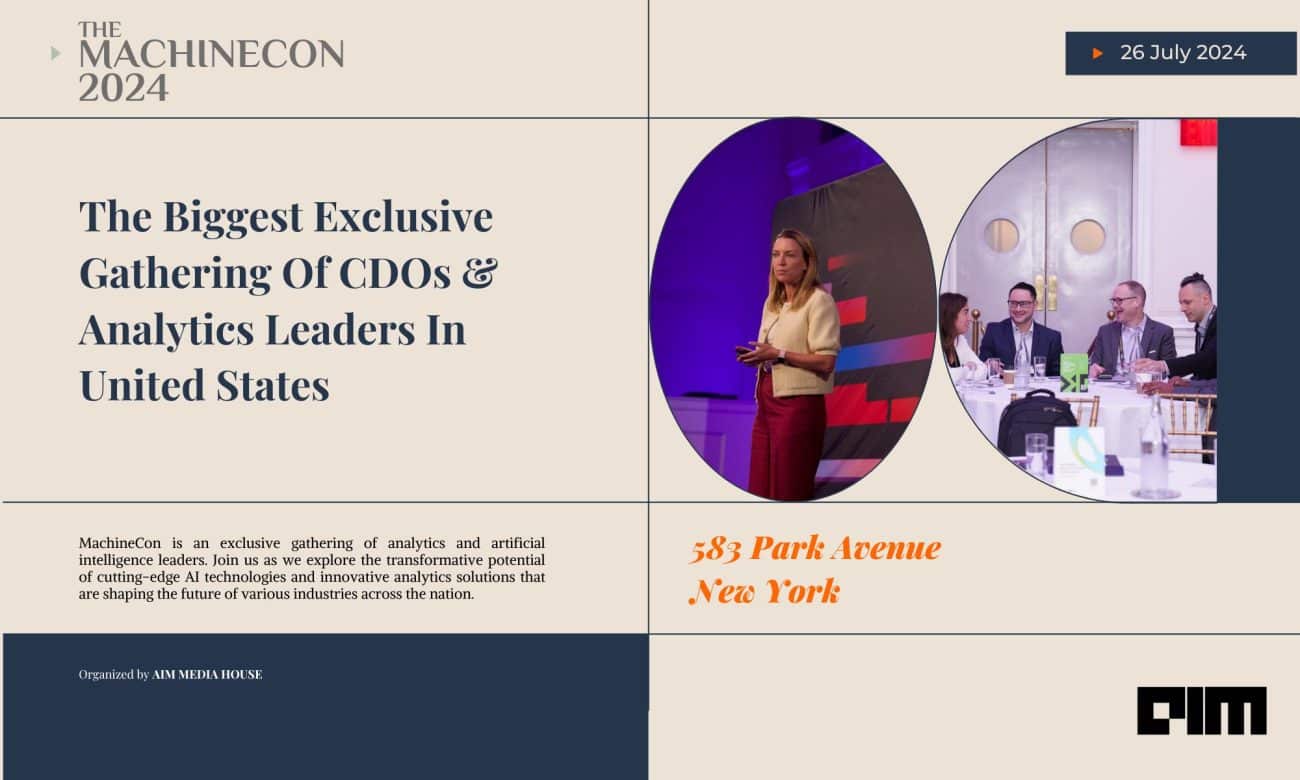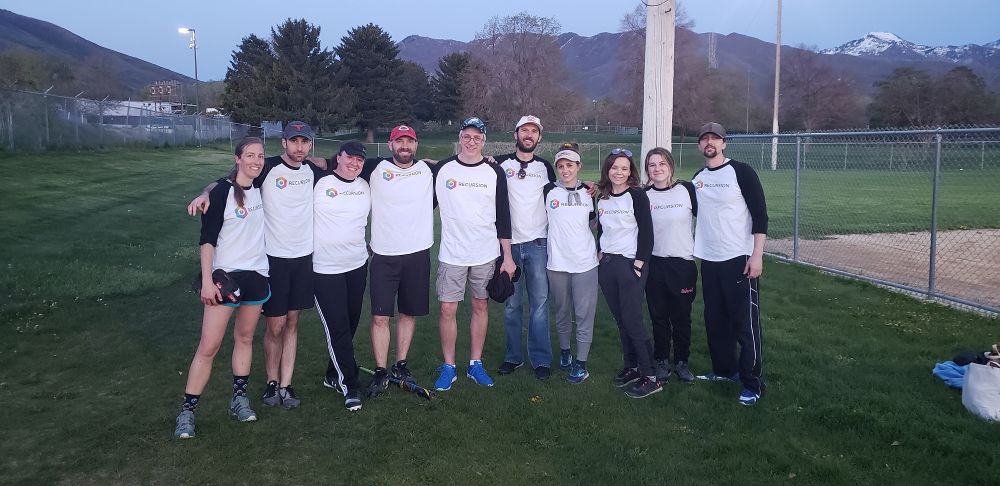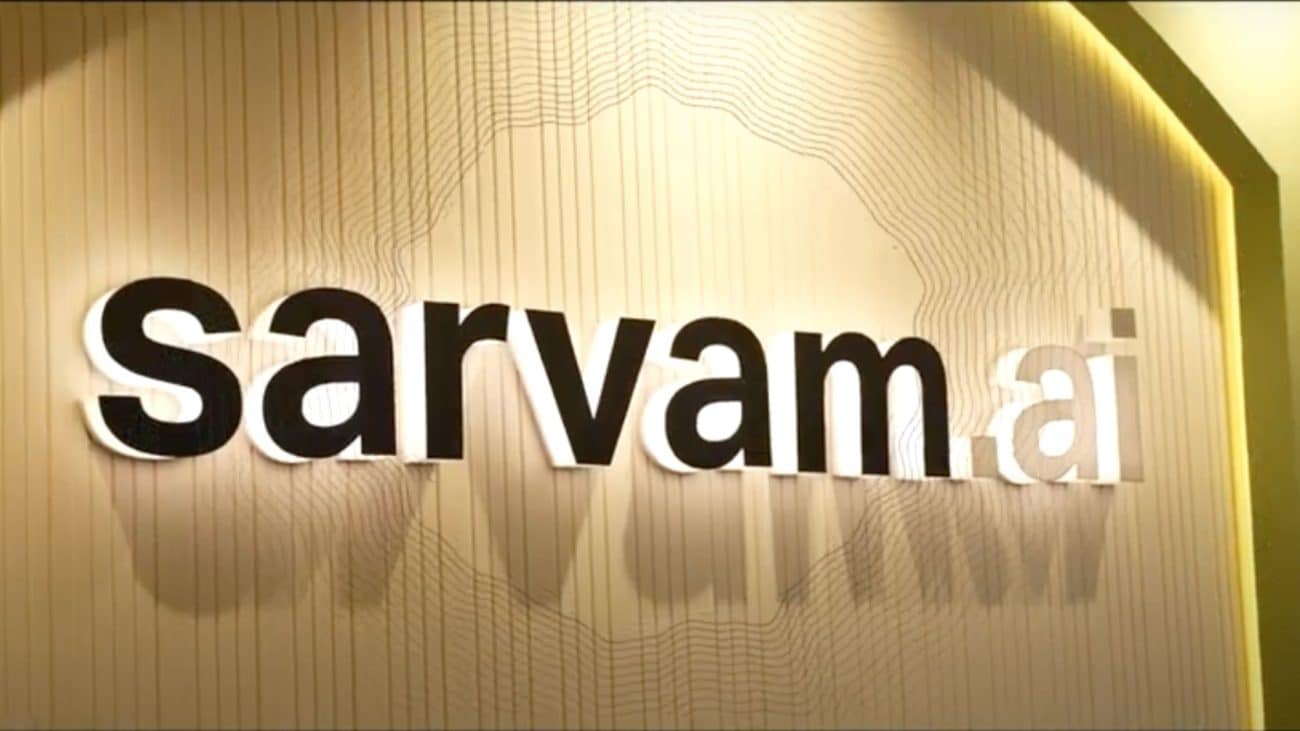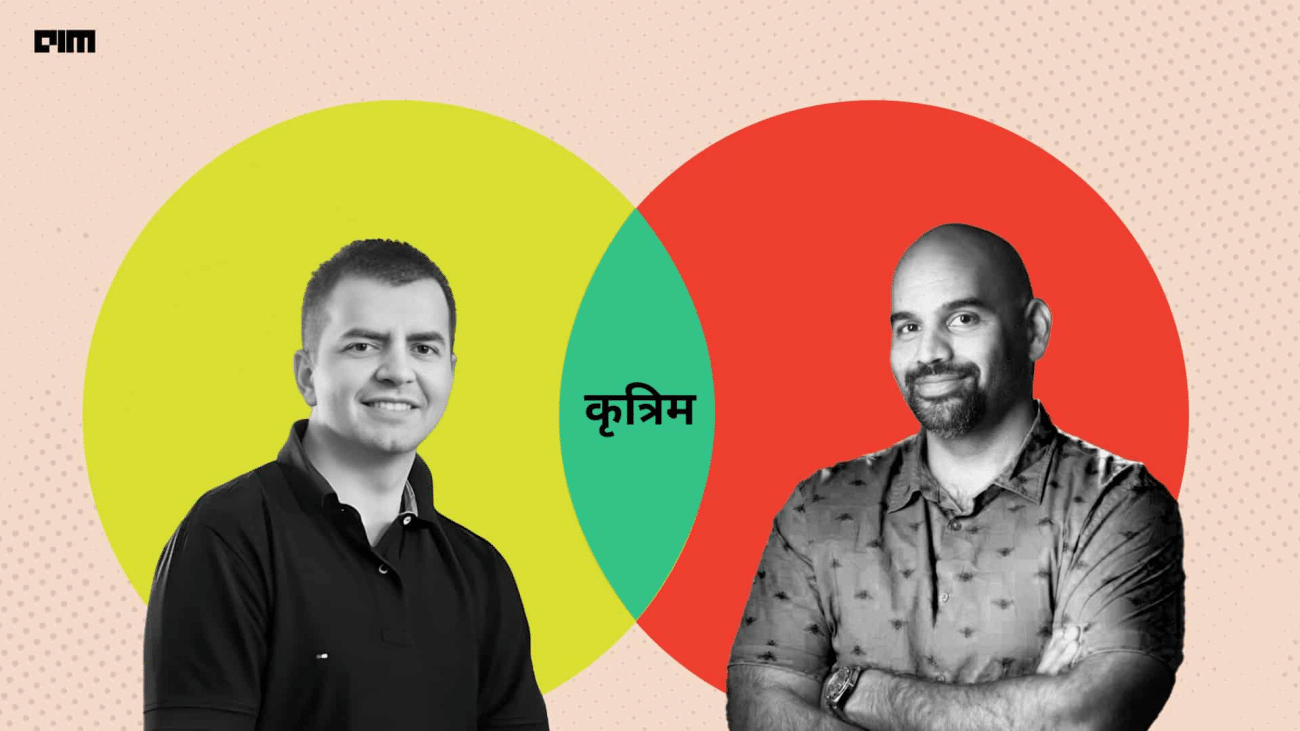|
Listen to this story
|
In our previous article, we discussed the role of data science and analytics in achieving sustainability goals. Further, we also looked at each of the verticals, including economic, social, and environmental, that constitutes the UN’s 17 sustainable development goals with examples.
In this article, we will focus on social challenges and see how data science and analytics can come to the rescue.
Hopefully, this article will guide people, companies, and government bodies to make the world a better, healthier, and safer place using advanced analytics.
A glimpse into sustainable development goals for 2030, particularly for solving global social concerns.
Data for social good
Data plays a very important role when we are using analytics to solve social concerns. For that, data has to be accessible to scientists without copyrights, patents, or any other restrictions on its use for non-commercial purposes, aka ‘open data.’
Typically, open data characteristics have the following traits.
- The data is usually structured using internationally accepted classifications, such as ISO 3166 from ISO (international organisation for standardisation)
- The data should be in non proprietary file formats – CSV (comma-separated values) and JSON (javascript object notation)
- Data can be accessed using JSON-based statistical data and metadata exchange (SDMX-JSON), which are standards-based communication channels.
- Data should be accompanied by metadata that fully describes it.
How to apply?
Machine learning has helped businesses generate billions of dollars in profits for private companies. However, the technology has only sparsely penetrated the public and non-profit sectors.
Therefore, it becomes important for government organisations, NGOs and impact companies to work in unison to share these data for the greater good of the community, public health and welfare.
To do so, the stakeholders need to share data resources, create a holistic data ecosystem, and build international aid initiatives that promote transparency and openness.
Once the social data challenges have been addressed – by its collection, storing and accessibility – applying machine learning models becomes easier, and relevant stakeholders can take critical decisions and solutions to solve social issues based on the valuable insights derived from running the model.
Now, let us look at each of the social concerns defined in the sustainable development goals 2030 and how data science and analytics can help achieve the same.
Zero hunger:
Nearly one-ninth of the (close to 800 million) global population of over 7 billion go hungry each day. On the other hand, 33 per cent of the food produced for human consumption gets wasted every year.
As per FAO, in India, 189.2 million people are undernourished – i.e. 14 per cent of the population. Moreover, 51.4 per cent of women of reproductive age between 15 to 49 years are anaemic in India.
The question is, how can data science and analytics possibly address hunger and food wastage problems? One way is to cut post-harvest losses in half, which can, in turn, produce enough food to feed a billion more people, reports McKinsey. In addition, data access can help growers and farmers to find a systematic approach to fixing local hunger concerns.
Precision agriculture might be the answer. Precision agriculture uses big data analytics, aerial imagery, sensors, etc., to observe, measure and analyse the needs of individual fields and crops instead of a single approach to farm in a region or cluster of fields.
Moreover, the integration of data science and analytics into the entire agri-value chain can help reduce food wastage and hopefully bring an end to hunger and feed the entire world. More than anything, there is every reason to believe that the appropriate application of data science and advanced analytics can help us solve the world hunger issue.
Good health and well-being:
The healthcare industry generates large datasets of useful information on patient demography, treatment plans, results of medical examinations, insurance, etc.
Data science aids in managing, analysing, and assimilating the large quantities of fragmented, structured, and unstructured data created by healthcare systems. This data requires effective management and analysis to acquire accurate results.
Data science and advanced big data analytics can provide practical insights and aid in making strategic decisions concerning the health system. Moreover, it helps build a comprehensive view of patients, consumers, and clinicians. Data-driven decision-making opens up new possibilities to boost healthcare quality.
The Indian government has launched several initiatives and projects to solve the data problem in healthcare – one such initiative is NDHM (National Digital Health Mission). This strong digital infrastructure base acts as a launcher for NDHM to further develop and enhance healthcare in the country through digital management.
Quality education:
The education system underwent massive changes during the pandemic, with schools and colleges getting digitised rapidly. From 2020 onwards, Indian universities, which were earlier not permitted to offer more than 20 per cent of a degree online, are now lifting such restrictions on online learning for broader access to higher education.
Many edtech companies have also surfaced, which are offering tools like blended learning, 3D and DIY kits, AI-based experiential and interactive learning, and more.
Stanford University believes that the data science industry would benefit from this teaching format. A few of the advantages include:
- Data science in education will help train the educators to enhance their teaching style and understand various techniques to develop interest among students.
- It would encourage teachers to include data visualisation, data reduction and description, and prediction tasks to make them more efficient and engaging, and offer personalised learning to students.
- It would ease the process of grading and giving assignments for the students.
Some areas where data science and analytics could enhance the quality of education would include student assessment data, social and behavioural skills, curriculum, instructor performance, and student demographics.
Gender equality:
According to the WEF, it will take almost 267.6 years for the world to achieve gender equality. So the question is, can data science and analytics help accelerate that process? The answer is YES.
Some of the ways data science and analytics could help in fast-tracking gender equality include:
- Monitoring: Monitoring data in an organisation can help in curbing gender biases. As more and more businesses start introducing diversity metrics relating to recruitment, training, progression and pay, they will have more data to analyse.
- Recruiting: Data science and analytics is one of the key areas to recruiting a diverse workforce. It allows HR teams to check that hiring managers are attracting the right candidates from a diverse talent pool, alongside assessing whether those candidates’ values match their own. Machine learning algorithms can help assess the strength of the potential interpersonal relationship between the candidate and the employer.
- Predicting: Predictive analytics or HR analytics helps organisations forecast whether certain people are more likely to resign than others, allowing HR teams to develop initiatives that improve the workplace experience.
- Eliminating bias: Data science and analytics allow HR teams to identify patterns of bias that existed in the past and devise fair and robust compensation structures that are fit for the future.
- Training: Data science and analytics can be used by the HR team and leaders to assess their teams’ performance and offer training and mentoring services, if required, based on the performance and productivity data.
Reduce inequalities:
Data science and analytics can be used to reduce income inequalities. Some popular use cases include providing density and location coordinates to fishermen, reducing dropout rate at schools, etc.
Most students struggle in schools due to poor economic conditions, and learning disabilities, and schools can use data science and analytics to not only identify them, but also help them financially and provide scholarships, among others.
Peace, justice and strong institutions:
The UN categorises this aspect into three distinct areas: conflict and violence, national and institutional stability, and democratic human rights. As the World Bank notes, ‘poverty is increasingly concentrated in countries affected by conflict.’
Hence, the global effort to lift people out of poverty cannot be approached without a stronger focus on peacebuilding. WHO (World Health Organisation) considers conflict to be a multi-faceted human health crisis and a leading cause of hunger, environmental degradation and overall inequality.
How do you address this with data science and analytics? The answer lies in measuring progress in these areas, which is a particularly complex task, strongly affected by the way statistical models and data collection methods are framed. For example, as per the statistical model developed by Christopher Farris, human rights practices have been slowly improving over time. Similarly, an analysis from Freedom House found that for the 14th consecutive year, 2019 saw a decline in political freedoms across the globe.
So, what’s next
In order to achieve sustainable development goals for 2030, particularly for social good, data science and analytics have a huge role to play. But, real impact happens only if all the stakeholders come together – universities, non-profits, government agencies, and corporations – and create a wide range of programmes and projects at the intersection of data science and social good.
Most importantly, there is a need to create awareness among a new generation of data scientists, which can further help in supporting non-profits and developing data science tools to benefit people all over the world positively.
In our upcoming article, we will be talking about the economic aspect of sustainable development goals and how data science and analytics can be used.
This article is written by a member of the AIM Leaders Council. AIM Leaders Council is an invitation-only forum of senior executives in the Data Science and Analytics industry. To check if you are eligible for a membership, please fill out the form here.
















